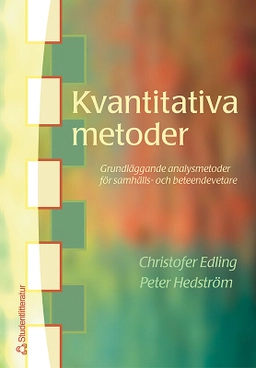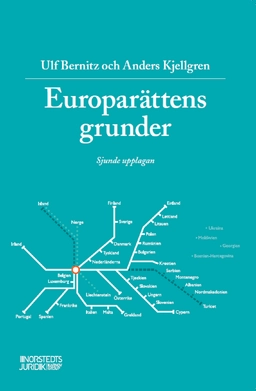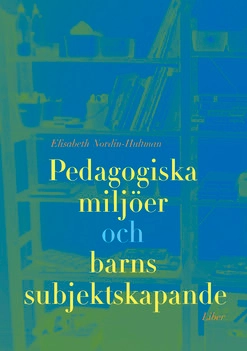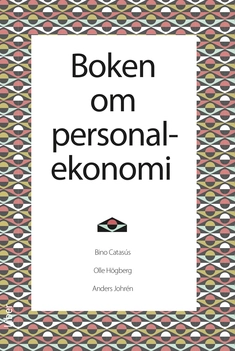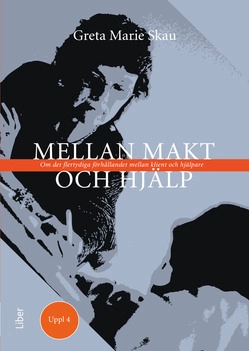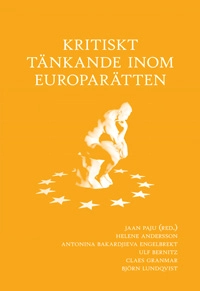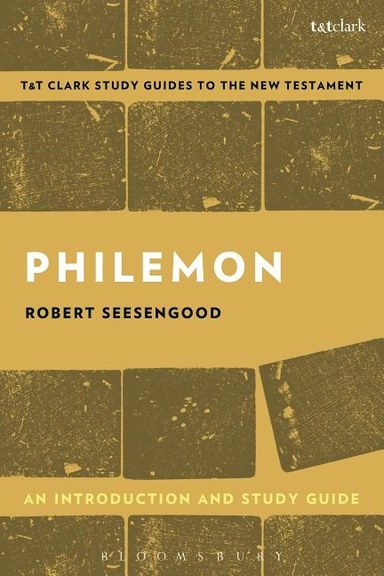

Philemon: an introduction and study guide - imagination, labor and love
- Utgiven: 2017
- ISBN: 9780567674951
- Sidor: 128 st
- Förlag: Bloomsbury publishing plc
- Format: Häftad
- Språk: Engelska
Om boken
Åtkomstkoder och digitalt tilläggsmaterial garanteras inte med begagnade böcker
Mer om Philemon: an introduction and study guide - imagination, labor and love (2017)
I augusti 2017 släpptes boken Philemon: an introduction and study guide - imagination, labor and love skriven av Dr. Robert Paul Seesengood. Den är skriven på engelska och består av 128 sidor djupgående information om religion. Förlaget bakom boken är Bloomsbury publishing plc.
Köp boken Philemon: an introduction and study guide - imagination, labor and love på Studentapan och spara pengar.
Tillhör kategorierna
Referera till Philemon: an introduction and study guide - imagination, labor and love
Harvard
Oxford
APA
Vancouver


